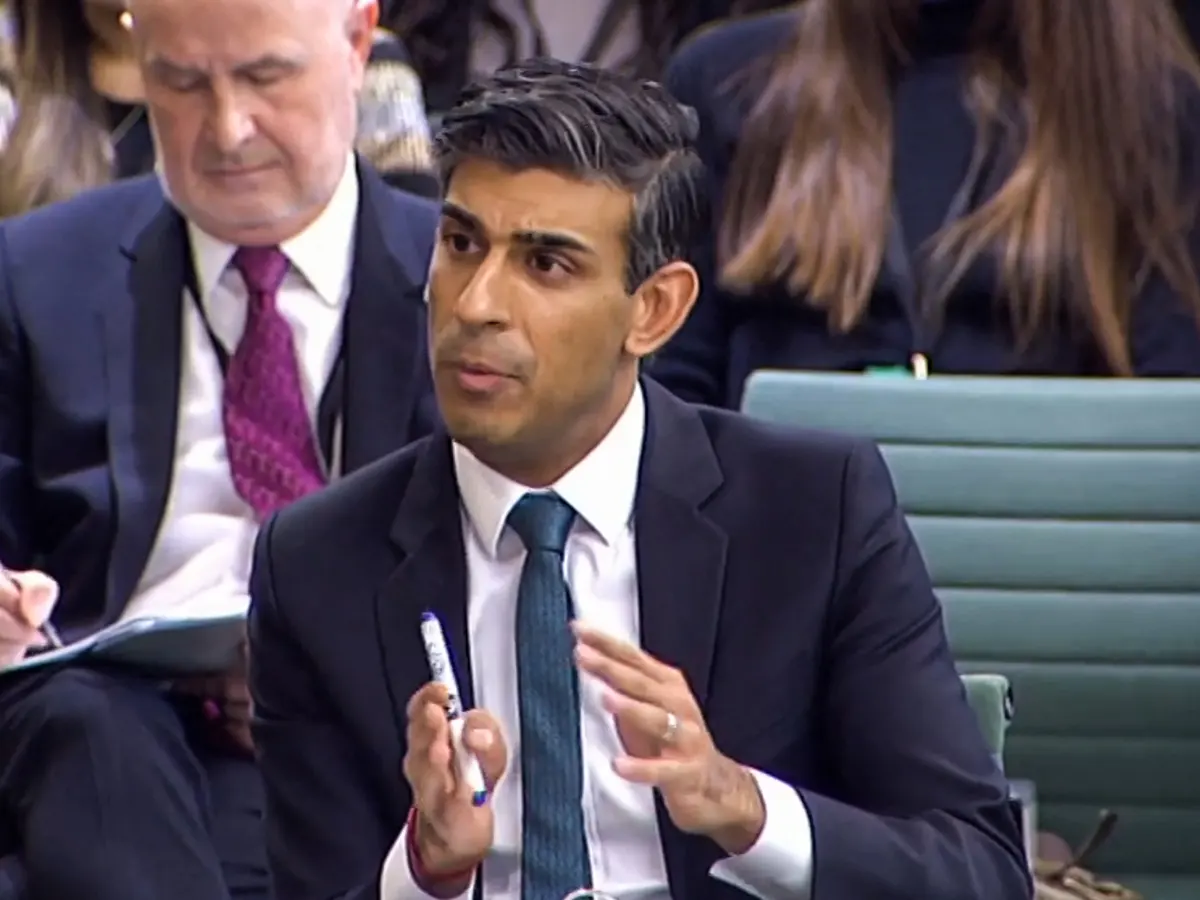Rishi Sunak acknowledged today that the NHS’s condition is not “where we want to be,” despite insisting that the strategy is working.
The Prime Minister, calling for more time to address the health service’s dire situation, stated, “I am confident that things will improve.”
This follows junior doctors demanding up to £20,000 in salary increases, exacerbating the health service’s challenges.
It is the tenth walkout by medical students since March, with no sign of resolution in the contentious pay dispute with the government.
The leader of the junior doctors’ section of the British Medical Association (BMA), described as “militant,” claimed the government is “quite content with the strikes happening.”
Mr. Sunak, when asked about the ongoing action leading hospitals to cancel over a million appointments and operations, said, “Are we where we want to be? Not yet.
“Are we making progress? The plan is indeed working. Things will undoubtedly improve if we keep up our efforts.
Asked if he was “running down” the NHS, Mr. Sunak, from an NHS family, said he did not wish to undermine it.
“We’re allocating unprecedented funding to increase doctors and nurses, seeing progress like never before.”
“However, it won’t happen overnight.”
He noted that emergency department and ambulance performance this winter was better than last, indicating progress.
“In fact, we’ve seen a reduction in waiting lists in recent months.”
This was attributed to less industrial action.
“Of course, there’s industrial action again, but there was none in October or November last year, and the waiting list decreased by about 150,000.”
By Wednesday at 11:59 p.m., hospital doctors will have completed 1,056 hours or 44 days of industrial action, about 12% of the year.
Over 1.3 million appointments have been cancelled, 7.6 million people are waiting to start treatment, and millions more face long delays for ongoing care.
On strike days, emergency services operate, and officials advise Britons needing urgent medical care to seek help as usual.
Dr. Rob Laurenson, co-chair of the BMA junior doctors committee, from a picket line at St Thomas’ Hospital in Westminster, said, “I don’t think the government wants to resolve this dispute.”
“They seem quite content with the strikes happening,” he said, accusing the government of failing everyone.
“It’s hard to say if this is due to malice or incompetence. In either case, it’s a failure.”
Dr. Laurenson added, “This round of action is in response to Health Secretary Victoria Atkins’ December promise to return with another offer within twenty minutes.” But those twenty minutes turned into twenty days.
The government then misled when a junior minister claimed there were no further offers.
Junior doctors demand a restoration of pay, arguing their real wages have fallen by over a quarter since 2008, a 35% equivalent.
“Despite demonstrating our goodwill by going above and beyond, the government has responded with pay cuts,” Dr. Laurenson said.
“We’re seeing the complete erosion of goodwill. It’s long been said the NHS runs on goodwill; now, as it collapses, we’re seeing the consequences of the NHS collapse.”
The latest industrial action started at 7 a.m. on Saturday, with junior doctors resuming work at 11:59 p.m. on Wednesday.
Ministers approved an average 8.8% pay rise for junior doctors for the fiscal year 2023/24, with first-year medics getting a 10.3% increase.
In December, Health Secretary Victoria Atkins offered an additional 3% raise to prevent further strikes.
However, the union deemed the increase “utterly insufficient.”
The current starting salary for a junior doctor is £32,300 for their first year, and £43,900 for those with three years of experience. Senior doctors earn £63,100.





